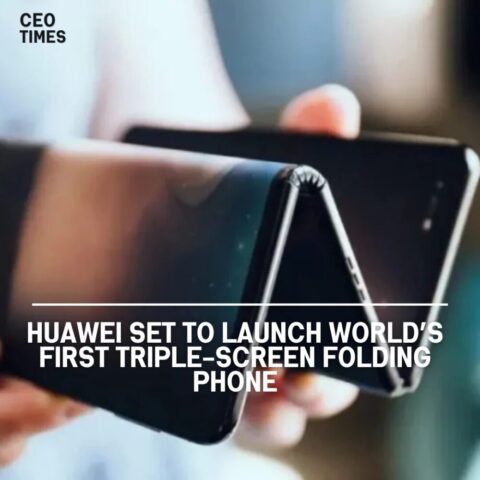China’s Baidu has partnered with Lenovo to integrate its generative artificial intelligence (AI) technology, Ernie’s large language model (LLM), into Lenovo’s smartphones.
This collaboration follows similar partnerships with Samsung and Honor and underscores the growing trend of incorporating AI features into smartphones.
Lenovo’s Integration of Baidu’s Ernie LLM:
Lenovo will leverage Baidu’s Ernie LLM in its smartphones, expanding its usage beyond Lenovo’s personal computers and tablets, where it is already embedded in browser and app store apps.
While Lenovo has not commented on the partnership, it marks another step in integrating AI capabilities into smartphone technology.
Global Trend of AI-Powered Smartphones:
Integrating generative AI features, such as chatbots and real-time translation, into smartphones has become a global trend.
This trend gained momentum with the popularity of technologies like ChatGPT in late 2022. Google’s Pixel phones and Apple’s iPhone are also exploring AI capabilities, reflecting the importance of AI in the smartphone market.
Market Outlook and Competition:
Research firm Canalys predicts that 5% of smartphones shipped globally in 2024 will be AI-capable, totaling 60 million devices.
However, AI services from U.S. firms like OpenAI and Google are unavailable in China, allowing Chinese companies like Baidu to lead in AI-powered smartphones.
Baidu faces competition from rivals Alibaba and Tencent, who also offer AI models in the Chinese market.
Strategic Implications for Baidu:
Collaborations with smartphone manufacturers enable Baidu to expand its presence in the AI smartphone market and provide access to valuable data.
Integrating Baidu’s AI features into smartphones could enhance the company’s LLM and help it compete with U.S.-based AI companies.
Industry Analyst’s Perspective:
Ivan Lam, an analyst at Counterpoint, highlights the significance of integrating LLM into smartphones, suggesting that AI-powered features could become essential in the long run despite current limitations.




















